Many restaurants are adopting vegan options on their menu, which is a great thing for those following a plant-based diet and/or vegan lifestyle. While it matters how these products are prepared, does it matter if they share the same grill when it comes to the vegan label?
The news is full of articles about complaints when a vegan burger shares a grill with animal products at some fast food chain. Let’s look at a few.
Restaurants introducing new plant-based options
A&W started a small uproar when they introduced a plant-based burger grilled on the same grill as animal products. There was even a small petition over this.
Many others followed with similar releases, like Del Taco and Carl’s Jr, and it appears to be standard practice to grill plant-based products on the same grill.
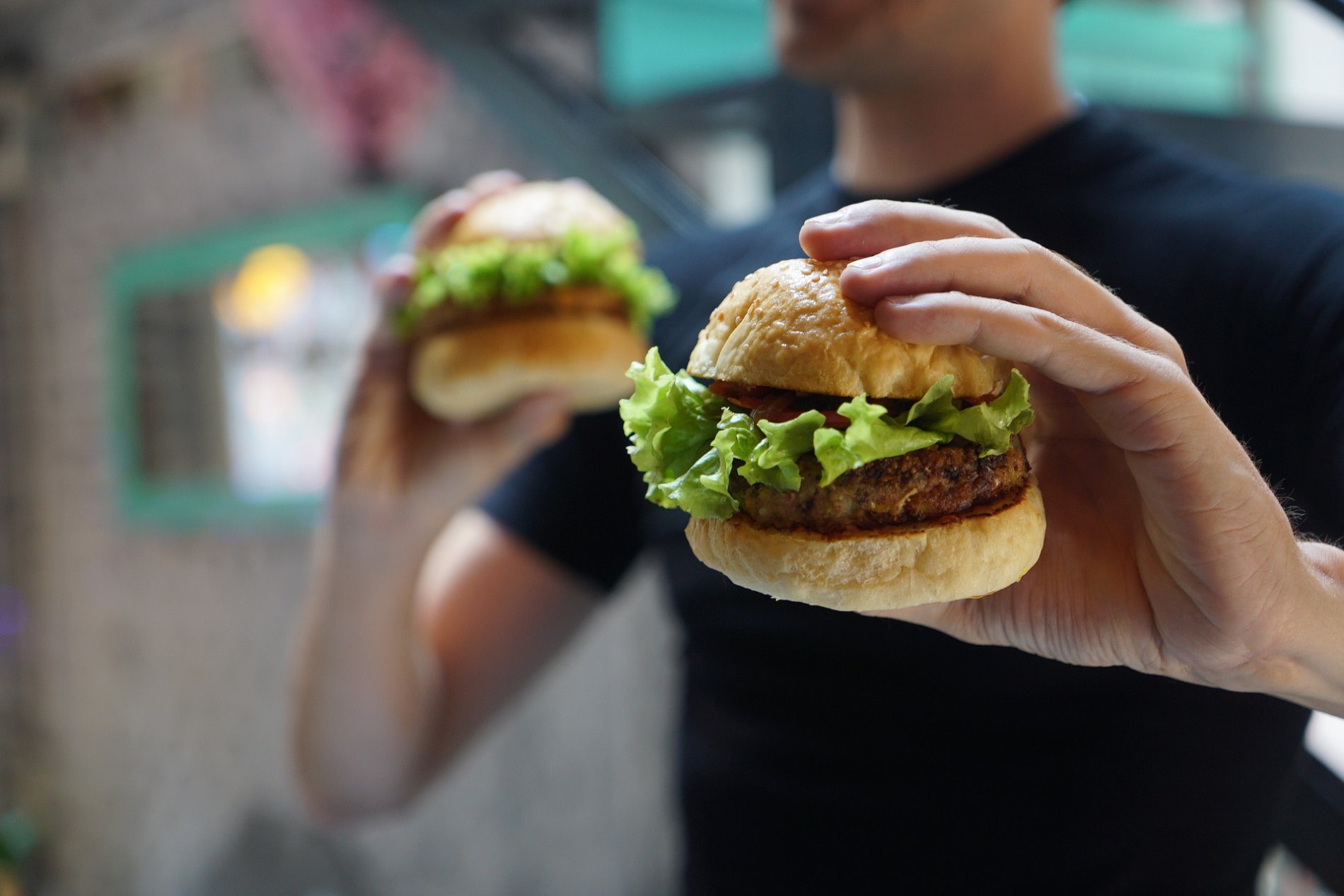
Then Burger King introduced a plant-based whopper burger in the United States, and in 2019 a group tried to sue Burger King because it is cooked on the same surface as beef burgers. The case was later dismissed in June 2020.
From the article:
U.S. District Judge Raag Singhal in Fort Lauderdale, Florida said the seven plaintiffs failed to show that reasonable consumers were deceived into paying higher prices because of Burger King’s actual cooking methods.
He said the plaintiffs did not ask about Burger King’s cooking method or request an alternative to satisfy their dietary requirements, and that the company’s advertising did not promise cooking on a different surface.
Marketing and cross contamination is still an issue today
Nando’s in the UK recently made news:
Vegans slam Nando’s for cooking plant-based chicken on same grills as meat
And remember, shared grills and deep fryers isn’t only an issue in fast food chains. Fine dining restaurants, a cafe that serves healthy whole food options, the salad bar at your grocery store, whole food products you might buy, and more are all possible sources of cross-contaminated food.
Let’s take a look at what cross-contamination means to a vegan lifestyle and a plant-based diet.
What is vegan vs plant-based
This topic deserved a careful discussion. This separate article explores the definitions of plant based and vegan, and why it’s important to have and understand them.
What is cross contamination
Cross contamination is when a small amount of a food item potentially contaminates the food product being purchased. This happens in a processed food environment, restaurant, bakery, catering kitchen, and so on.
For example, if you purchase a bag of falafels you might see a note on the packaging that says “may contain eggs” even though eggs aren’t found in the ingredients.
Note: Usually the “may contain” items are only common allergens, not everything produced in the facility.
This means the hypothetical falafels are made in a facility that processes other products made with eggs. Therefore, your falafel might include traces of egg. This can happen with insufficiently cleaned machinery, or some other processing limitation. If processing is done properly, this is a rare problem for people suffering severe allergies.
To be clear: I randomly chose falafels as its the first thing that came to mind. I’m not aware of any falafel contamination or production issue.
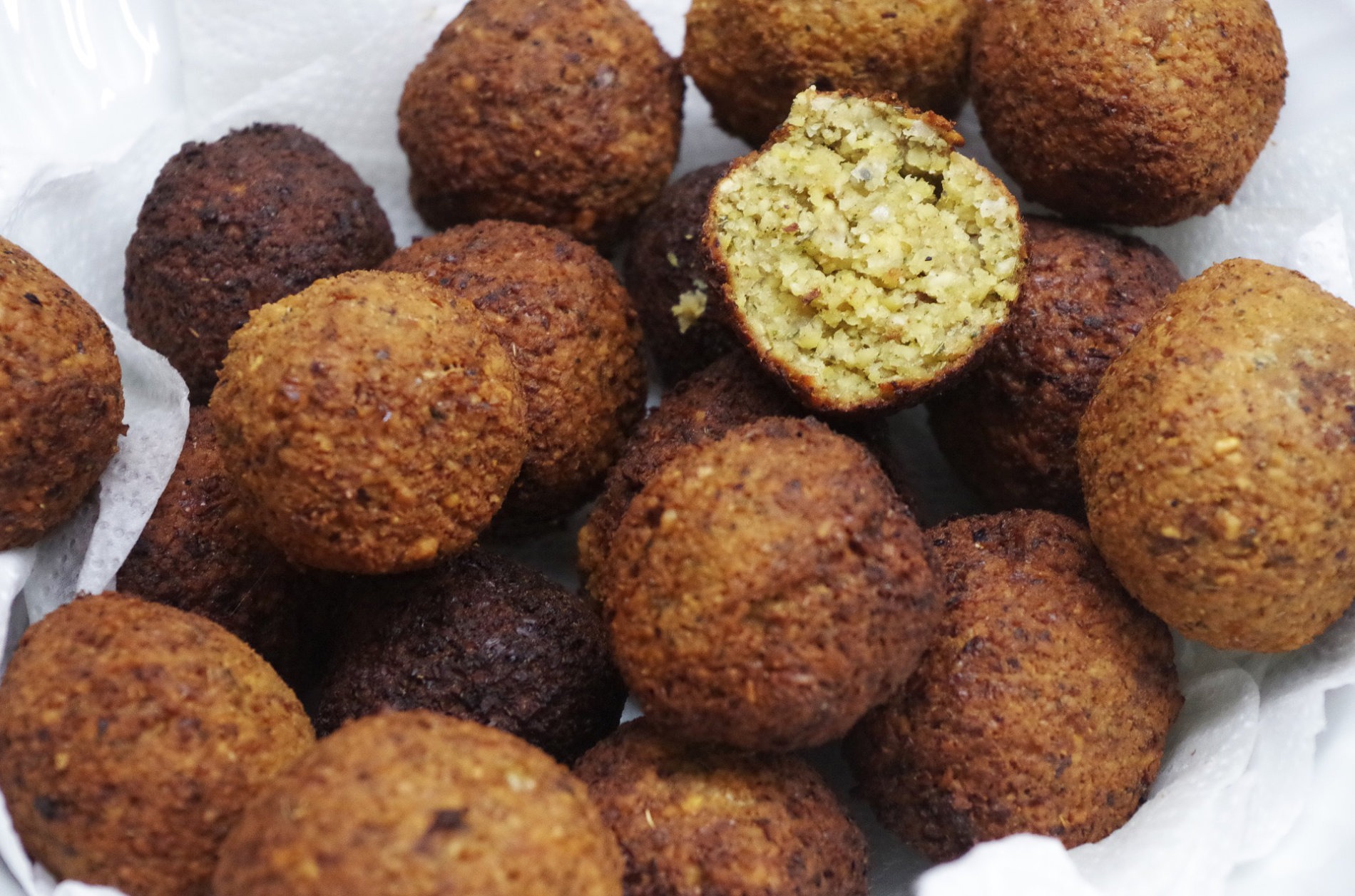
What does Vegan Society have to say about cross contamination?
This falls into two buckets: manufacturing and commercial kitchen preparation. Vegan Society handles both issues separately on their site, so I’ll look at them both independently for now.
Cross contamination in manufacturing
Cross contamination in manufactured food products is acceptable according to the Vegan Society.
The Vegan Society is not against foods labelled as vegan also carrying a ‘may contain’ warning about animal allergens.
and
To encourage manufacturers to give a serious commitment to avoiding cross-contamination with animal substances, the Vegan Trademark license agreement asks companies to confirm that they strive to minimise cross-contamination from animal substances used in non-vegan products as far as is reasonably practicable.
For example, products registered with the Vegan Trademark can correctly say ‘may contain milk’. We encourage manufacturers to produce more foods without animal ingredients in order to reduce the exploitation of non-human animals. As demand for vegan products grows, the number of vegan production lines and factories will increase.
The Vegan Society clearly expects companies to have “diligent and robust methods to avoid cross contamination” during production. And high risk products are liable to be audited. As Amanda Baker, senior advocacy officer at the Vegan Society said in this article:
We’re not looking at creating a ‘clean bubble’ in the same way someone with an allergy is. This is about avoiding animal ingredients as far as is possible and practical. When harvesting crops, there will be some cross contamination with insects, despite best industry practices being in place. It’s not desirable, but it’s unavoidable.
And the reason for this? Also on their site:
By adding further restrictions to a vegan product, we move back into the fringes and allow other types of vegan labelling, such as companies just writing the word ‘vegan’ on pack without any verification, to set a precedent.
Restaurants or catering and cross contamination?
Menu items produced in commercial kitchens are not considered vegan if the item shares a grill or deep fryer. For this, we need to refer to this informative PDF.
They should adopt sensible and reasonable practices in food storage, preparation and cooking, including not using the same grill, fat fryer etc. for both meat and vegan products because of the real risk of cross contamination.
It appears to be the only comment they have made on this subject. All pages on their site point to this PDF or the trademark content quoted earlier for info on cross contamination.
So as far as I can tell, it’s not a “vegan” food item if the food item shares a grill or deep fryer. While it’s not cut and dry, and somewhat buried within a PDF as opposed to the main “what is vegan” definition, it is enough to go by and comes from the folks who created the word and movement.
Burgers that share a grill with animal products cannot be called vegan.
So, is a potentially cross-contaminated vegan food still vegan?
Yes and no, it seems. Depends on how the food was prepared.
Based on the above quotes, minor cross contamination during manufacturing is still vegan. Cross contamination in a kitchen, such as sharing a grill or deep fryer, is not vegan food.
This was confusing and surprising for me to discover. Until recently, I was only aware of the Vegan Society’s position regarding cross contamination in manufactured food.
Is a cross-contaminated plant-based food still plant-based?
Plant-based diet does not have a centralized definition. Most professionals and experts agree that it only includes plant-based products and not meat. Therefore, specifics like cross-contamination are not set out in stone, and whether cross contamination affects a “plant based” item is up to everyone… and no one.
Unfortunate position by Vegan Society on this matter
The Vegan Society thinks cross contaminated burgers on a grill are plant based and not vegan in this PDF. I HATE the suggestion if a product might contain traces of animal to call it plant based because it’s not vegan! This is confusing, inappropriate, and damaging to vegan terminology.
Having a clear term like “plant based” to describe not consuming any animal products helps solidify the term vegan as being about ethics (not just food). There are plenty of terms for people eating small amounts of animal product (flexitarian, reducitarian, omnivore), but no other term for people only eating plants.
Therefore, I strongly disagree with Vegan Society’s suggestion to call contaminated food “plant based” instead of vegan. The Vegan Society is hurting their own definition making such a statement.
If a food item for consumption isn’t good enough to be vegan because of potential trace animal product, it isn’t plant-based either.
Why?
Neither the lifestyle (vegan) nor the way of eating (plant based) include ingesting animal products.
Not clear? Not sure why this should be important to vegans? Check this article out.
The bottom line
Ideally our diets do not include any animal products, whether you follow a plant-based diet or are a vegan. And it’s up to us to confirm with the person making our food what’s actually on the plate.
Ask about ingredients if necessary, and ask about how the food is prepared. Ask any not-completely-vegan restaurant you go to – no matter how fancy – if you have concerns about shared grills, cutting boards, or the deep fryer.
It’s common to not prepare food items separately, but there are often solutions. For example, A&W always provides the option to cook your burger an alternate way. The restaurant offers putting the patty in a separate pan on the grill, or microwaving it (ew, gross. But probably not altering the end result too much!) Cooks can often use procedures in place to accommodate allergies.
This communication is like a vote. It shows proprietors that you care both about food preparation and ingredients, and it’s really not too much to ask.
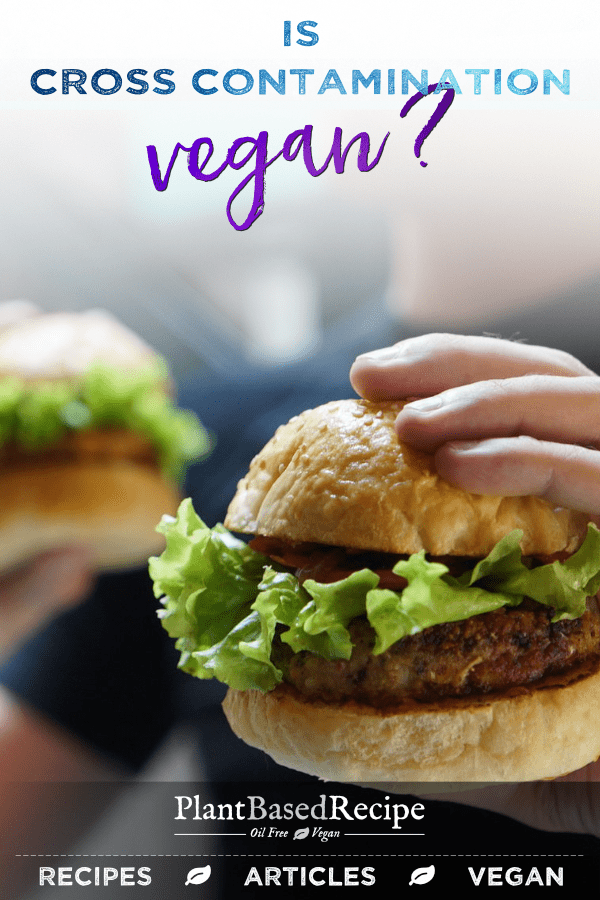
- Pad Thai Protein Salad recipe from The Plant-Based Cookbook + Book Review and Giveaway! - December 9, 2020
- Lemon ginger bowl sauce with miso recipe (Oil free, no added sodium) - November 30, 2020
- New vegan bacon at Whole Foods Market – 300 store roll-out - November 15, 2020

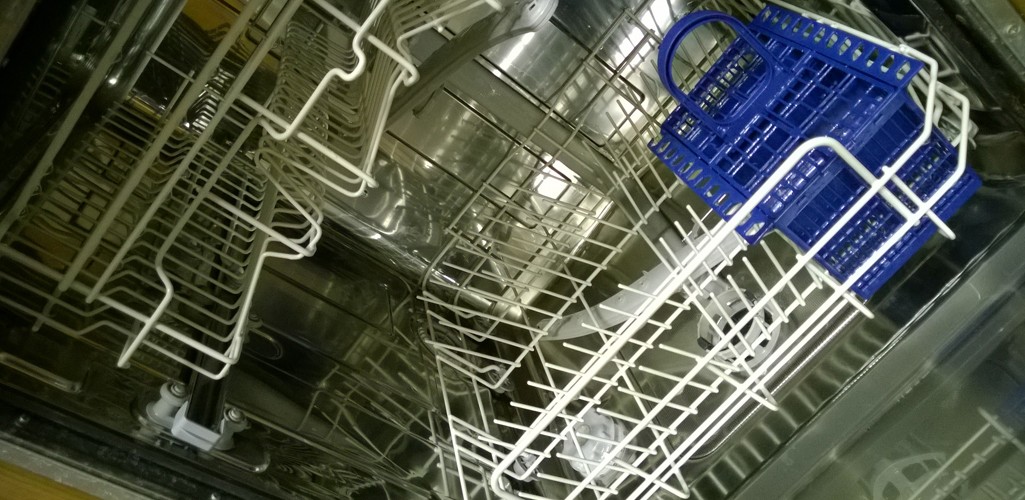
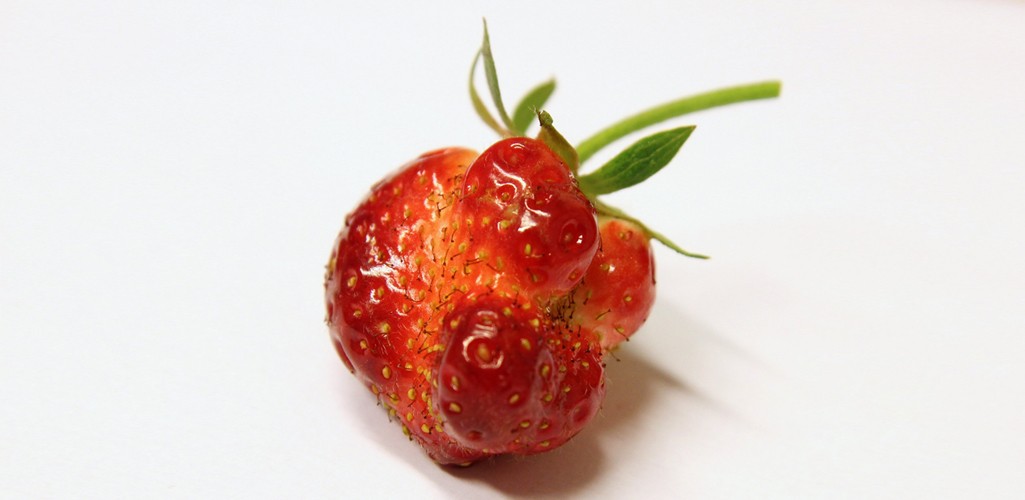
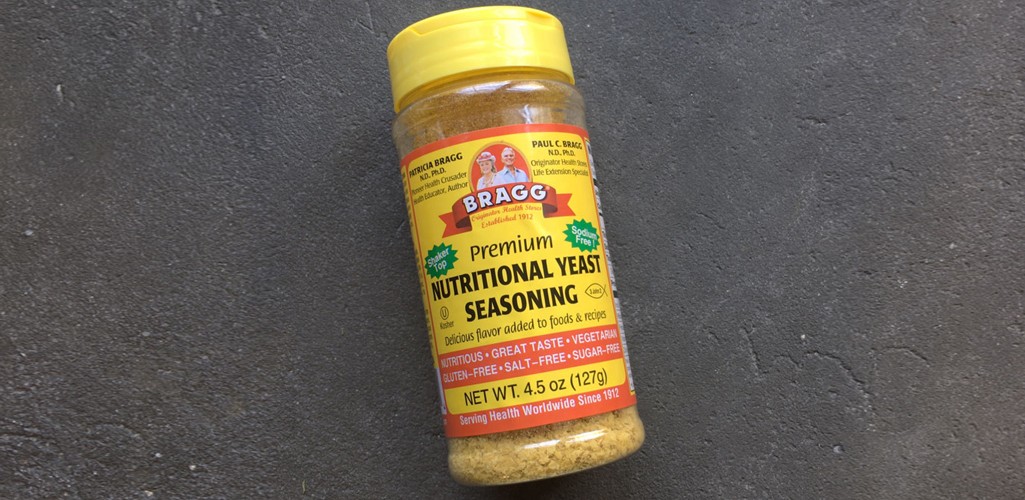


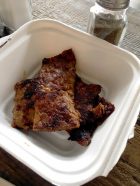
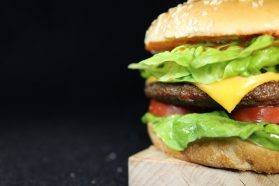
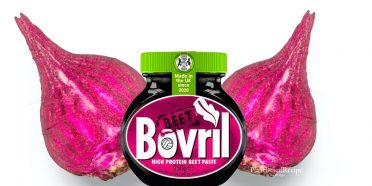

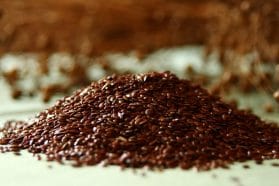

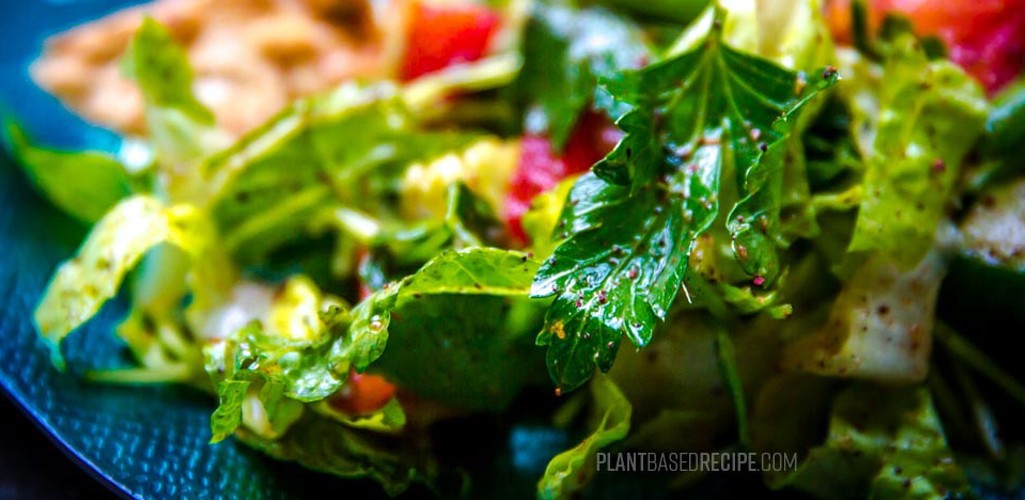


Jan Bretman
What is the solution to having my daughter and her partner who are vegan, living in our house while we – in our 60s – are not vegan. We agreed to not bringing meat and fish into the house, and other items like cheese we keep in a sealed box. We do in fact eat mostly vegan, for their sake, but will eat non vegan, especially if they are out or away. My daughter has always “preached” veganism to me and my husband in a very emotional and quite aggressive way as it is so important to her. Everyone, including vegan friends, have said it’s not on that they tell us what we can and can’t eat in our own house. My husband is far more compliant, but I feel quite bullied, as we get “told off” if she finds non vegan items in the fridge, even fully packaged.
D
Excellent article. Thank you.